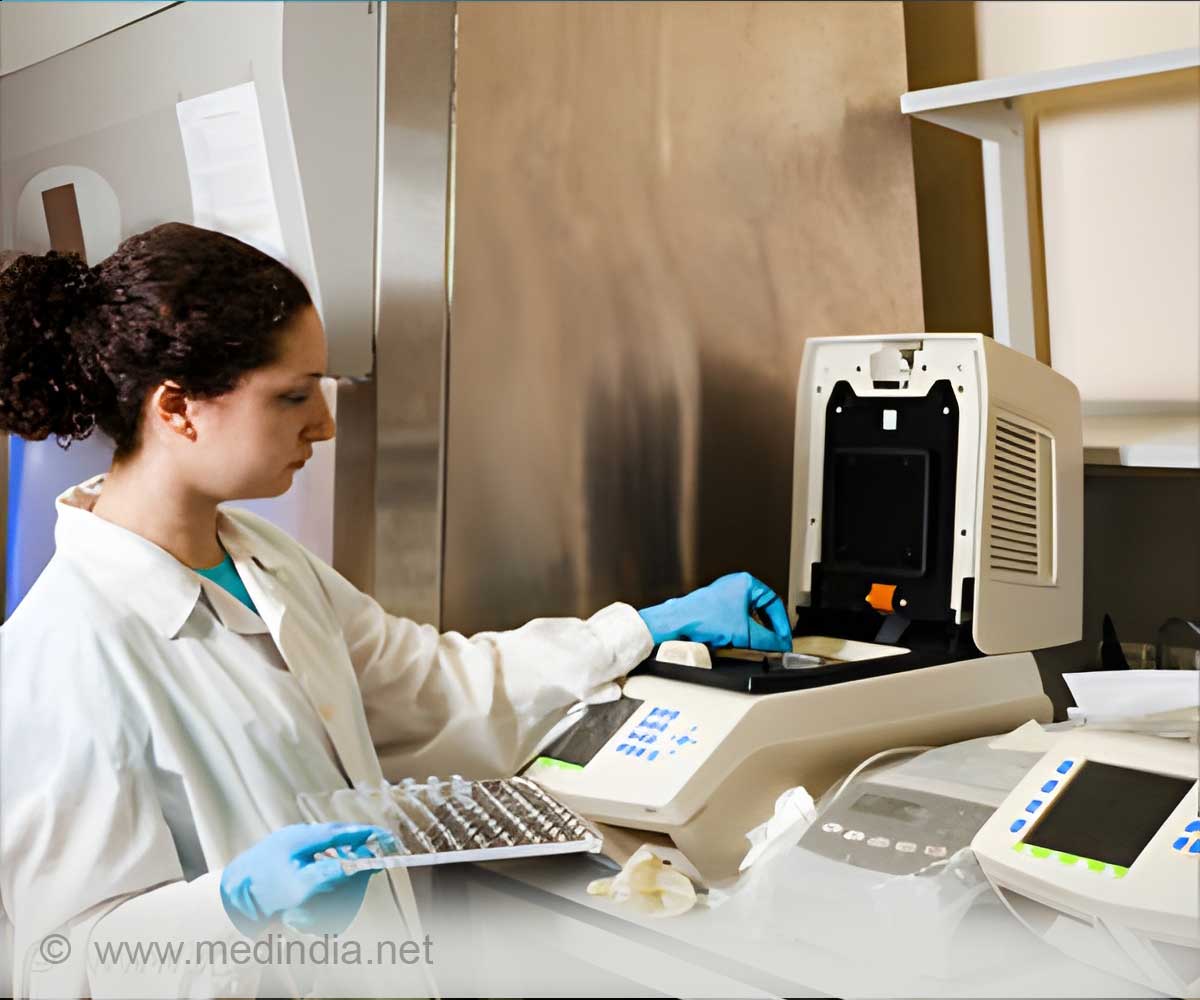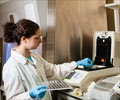Development of an ultrafast plasmofluidic chip helps perform PCR in only about 8 minutes, which could speed diagnosis during current and future pandemics.

‘Reverse transcription-polymerase chain reaction (RT-PCR) has been the gold standard for diagnosis during the COVID-19 pandemic. Development of a plasmofluidic chip helps perform PCR in only about 8 minutes, which could speed diagnosis during current and future pandemics.
’





However, the bulky, expensive machines of the PCR portion of the test require about an hour to complete as 30-40 cycles of heating and cooling take place and thus makes it difficult for quick diagnosis. A proper timely medical care, that includes quarantining and contact tracing is very important and depends on the rapid diagnosis of these highly contagious viral diseases like COVID-19.
Hence the study team developed a plasmofluidic PCR chip that could quickly heat and cool miniscule volumes of liquids, and allow for an accurate point-of-care diagnosis in a fraction of the time.
Ultrafast On-Chip PCR Test
A postage stamp-sized polydimethylsiloxane chip with a microchamber array (positioned above glass nanopillars with gold nanoislands) for the PCR reactions were devised by the study team.
Advertisement
With the reverse transcriptase step added before sample loading, the entire testing time with the new method could take 10-13 minutes, as opposed to about an hour for typical RT-PCR testing. It was seen that the amplification efficiency was 91%, whereas a comparable conventional PCR process with an efficiency of 98%.
Source-Medindia











